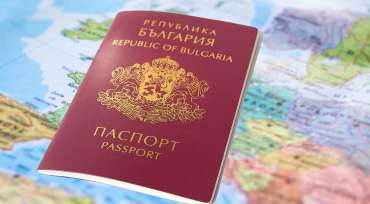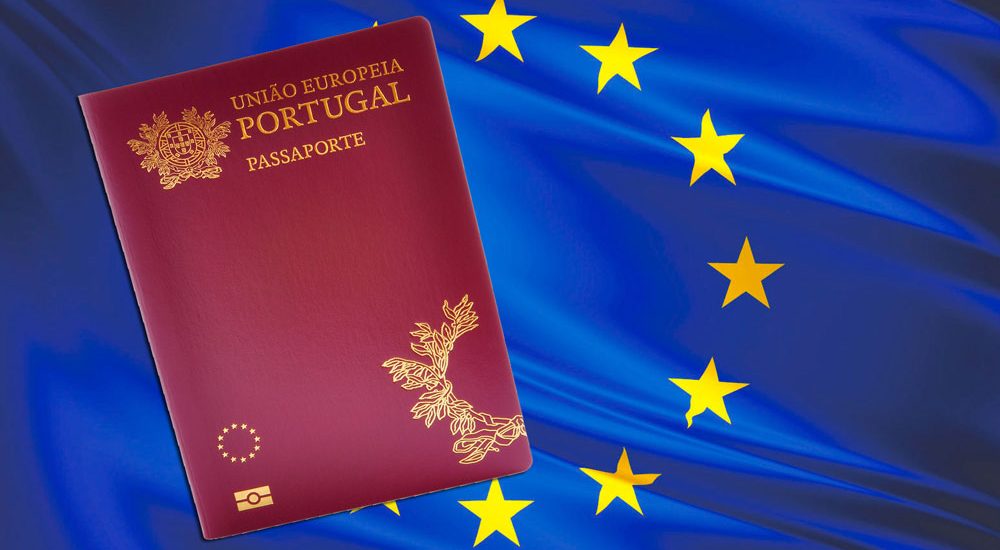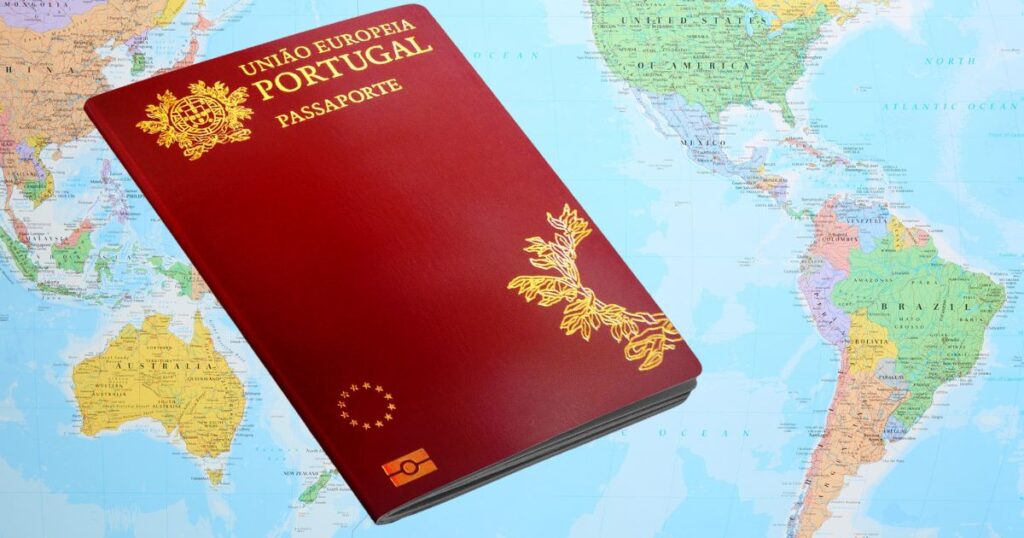The Bulgarian Immigrant Investor Programme started in 2005 when article 25(1), § 6 of the Foreigners Act was amended to allow the granting of permanent residency in Bulgaria to foreigners who invested more than 1 million Bulgarian leva (BGN) (about US$561,000 in 2005) in the Bulgarian economy by purchasing Bulgarian government bonds or shares of a publicly traded company, or by investing in a government-owned company or in intellectual property. After holding the investment and permanent residency for a period of five years, the investor was eligible to apply for Bulgarian citizenship.
In 2013, the rules for acquiring Bulgarian citizenship under the program were simplified and the so-called Fast Track Application Process was introduced.
In January 2019, the European Commission expressed its concern over investor citizenship and residence schemes in the European Union, citing the danger of money laundering and other illicit activities, and later launched infringement procedures against Malta and Cyprus for “selling EU citizenship.”
Following criticism from the EU, on March 22, 2019, the Ministry of Justice of Bulgaria drafted updated regulations, suggesting that the direct sales of Bulgarian passports for short-term investments be replaced by investment projects envisaged by the Investment Promotion Act and approved by the government.
New Changes
On March 5, 2021, the president of the Republic of Bulgaria, Rumen Radev, signed into law Decree No. 80 on Amendments to the Law on Foreigners in the Republic of Bulgaria and Decree No. 81 of the President of the Republic of Bulgaria on the Amendments and Additions to the Law on Citizenship.
These amendments to the Citizenship of the Republic of Bulgaria Act (Citizenship Act) and the Foreigners in the Republic of Bulgaria Act (Foreigners Act, English translation) introduce new conditions and rules for investing in business in Bulgaria, making this country the only European Union (EU) member state offering non-EU citizens the opportunity to acquire Bulgarian citizenship (so-called golden passports) by making investment arrangements. Potential applicants have the options of investing in Bulgarian businesses, the stock market, investment funds, or restoration of state-owned real estate. (Foreigners Act arts. 24 & 25.)
The laws entered into force on March 12, 2021.
Amendments
The new rules altered the previous requirement that investors invest in bonds or shares in a listed company, diversified investors’ investment options, and increased the amount required for investment.
Under the amendments, it is compulsory for applicants to obtain a permanent residence permit before applying for citizenship. Also, investors are required to meet several conditions before applying for a permanent residence permit, such as owning the investment for a full five years as a resident, not having a criminal record or being under criminal investigation in Bulgaria, and proving sufficient income to support themselves and their family. (Foreigners Act art. 25, para. 17(7)–(11).) After five years they have the right to apply for citizenship.
A spouse and minor children may obtain a permanent residence permit in Bulgaria together with the investor and apply for citizenship under the simplified procedure. (Citizenship Act art. 12a, paras. 1 & 2.)
Permanent Residence Permit for Investments
To obtain a permanent residence permit under the amended Foreigners Act, investors are required to
- buy shares or bonds in a Bulgarian company that is traded on a regulated market or in a multilateral trading system and is worth not less than BGN2 million (about US$1,243,000);
- acquire rights under a concession agreement at a cost of BGN1 million (about US$621,602);
- buy shares in Bulgarian collective investment schemes at a cost of BGN1 million, provided that the net asset value of each scheme exceeds BGN5 million (about US$3,108,000) and their investment strategy is mainly focused on shares or bonds in Bulgarian companies employing 10 or more Bulgarians;
- invest a minimum of BGN1 million (about US$621,602) in alternative investment funds, including private equity funds, venture funds, and hedge funds, part of whose focus is on improving the economic outlook of Bulgaria though increased direct foreign investments in Bulgaria and on potentially increasing jobs, provided that the assets of each fund are worth at least BGN3 million (about US$1,865,000) and the investment strategy focuses mainly on Bulgarian companies;
- invest BGN2 million (about US$1,243,000) in a Bulgarian company engaged in a Certified Priority Investment Project;
- invest a minimum of BGN500,000 (about US$310,000) if the foreign investor holds shares of the Bulgarian company and owns 50% or more of its capital. (Foreigners Act art. 24, para. 1; art. 25, para. 1(6).)
Citizenship by Investment
Under the amendments, a fast-track option allows investors to apply for citizenship after having only one year of permanent residency if
- the amount of investments is doubled from the required minimum investment,
- at least BGN1 million (about US$621,602) is invested in a Bulgarian company implementing a priority investment project certified by the Ministry of Economy under the Investment Promotion Act, or
- the investment resulted in the creation of at least 20 new jobs. (Citizenship Act art. 14a, paras. 1 & 3.)
Investing in Bulgarian state issued bonds and securities excluded from Citizenship by investment
To ensure that foreign investments remain in Bulgaria, the Ministry of Economy and the Bulgarian Investment Agency are required to monitor the performance of the investments in accordance with the Citizenship Act and the Foreigners Act under terms and conditions determined by an ordinance of the Minister of Economy. (Article 14a, para. 4.)
Despite all the changes, the interest remains low for Bulgarian immigrant investor program and very few investors have acquired residency and citizenship by investment.
Bulgaria joined European Union in 1 January 2007. Its currency: Bulgarian lev BGN but committed to adopt the euro once it fulfils the necessary conditions. Bulgaria is not in Schengen, currently in the process of joining the Schengen area.





